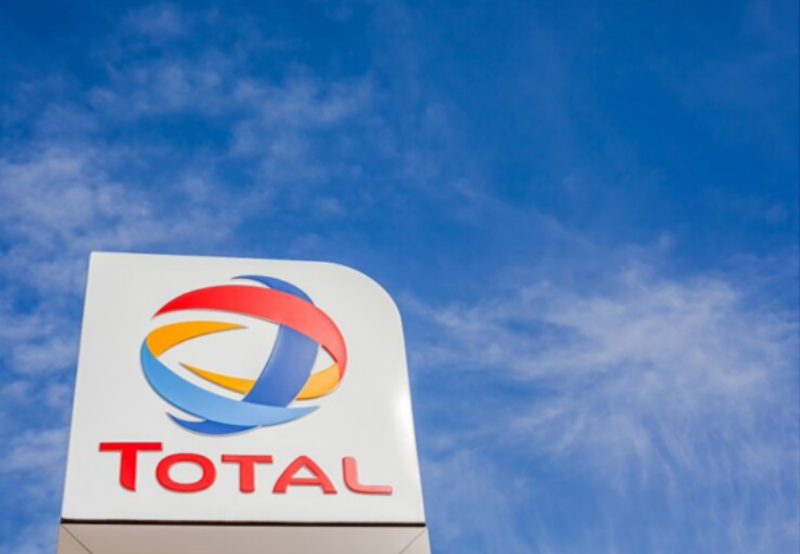

fetching latest news
News tagged in:

French oil and energy company TotalEnergies has begun production from the Ikike field in Nigeria, which is expected to deliver peak production of 50,000 barrels of oil equivalent per day by the end of 2022, it said on Monday. The European Commission's deputy director general for its energy department this month said that the European Union was seeking additional gas supplies from Nigeria as the bloc prepares for potential Russian supply cuts.
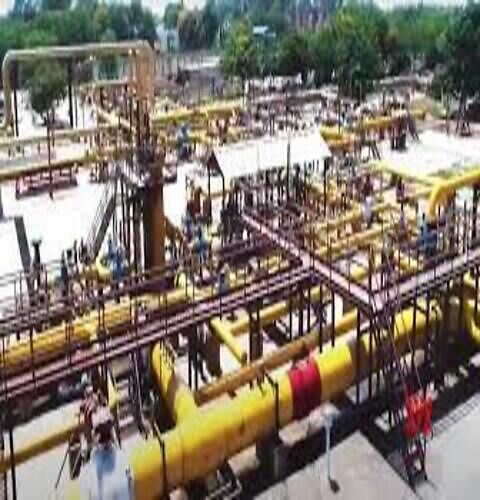
The OPEC Fund for International Development will finance 14.3 million U.S. dollars for the second phase of the studies in the submarine Nigeria-Morocco gas pipeline project.
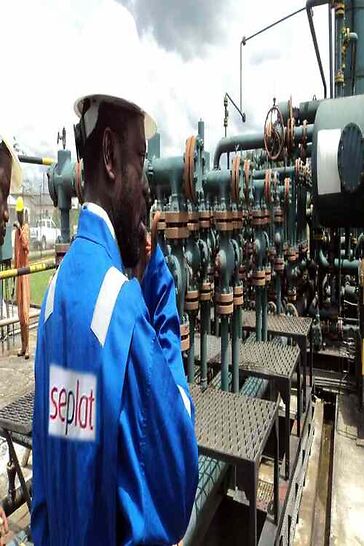
The acquisition, announced yesterday, came at a time most International Oil Companies (IOCs) in Nigeria were divesting, retaining mainly their operations in the deep waters.

The Federal Government has explained how Nigeria’s Excess Crude Account fell from $72.4 million to $35milion in a space of one year despite crude oil averaging higher than Nigeria’s benchmark for the year. This was addressed by Tolu Ogunlesi,
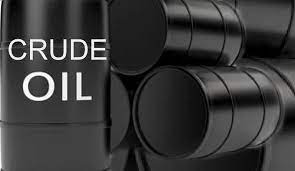
The production of 50.788 million barrels of crude oil valued at N1.474tn was stalled between January and October last year due to community interferences and other challenges forcing oil terminals to shut down production 222 times within the period, OKECHUKWU NNODIM reports Nigeria’s crude oil earnings were depleted by about N1.474tn between January and October 2021 due to various concerns at terminals that prevented the production of 50.788 million barrels of oil during the 10-month period. It was gathered that community interferences, industrial actions by oil workers, COVID-19 outbreak at some terminals, pipeline vandalism, among others, curtailed oil production in various terminals, leading to huge financial losses for Nigeria.

LAGOS – Global benchmark Brent earlier on Tuesday surpassed $80, its highest since November. This is as Nigeria’s crude oil output is expected to increase to 1.701 million barrels per day next month from the 1.649 million barrels per day it has recorded since last November. The increase was sequel to Tuesday’s OPEC and non- OPEC ministerial meeting which reaffirmed a 400,000-barrel per day increase in the monthly overall crude oil production and export for member countries.
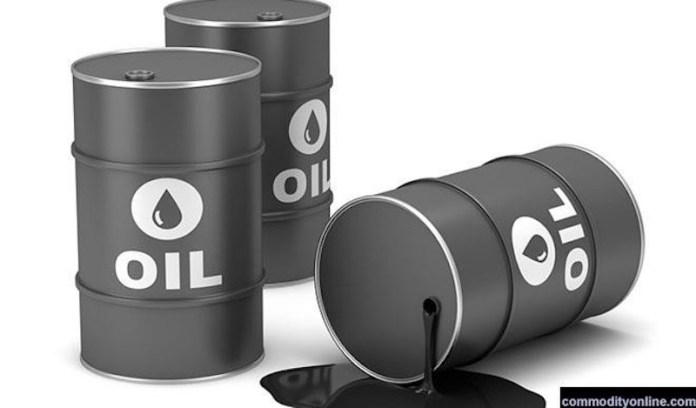
Nigeria’s oil industry has continued to bleed owing to incessant shutdowns due to ageing upstream infrastructure, vandalism and community-related issues, with the country losing over 4.82 million barrels to the challenges, industry data obtained by THISDAY has revealed. Although a marked reduction from the 6.3 million barrels lost in the preceding month, the country’s production losses recorded in October came mainly from Forcados, Bonny, Odudu, Brass, Yoho, Urha, Ajapa and Aje in the Niger Delta. But a review showed that the situation will most likely continue unmitigated, at least in the short term, as Shell a few days ago announced a halt in crude shipments from the same Forcados, a situation that may negatively impact the country’s revenue stream and worsen existing shortages in the international market.

LAGOS – The Federal Government says it is making efforts towards increasing the petroleum reserve in the country to 40 million barrels from the current 36 million by 2030. Dr Ogbonnaya Onu, the Minister of Science and Technology, disclosed this in his opening remarks recently at a 2-day national workshop on petroleum research activities in Nigeria’s inland basins. Onu, who spoke through the Director-General and Chief Executive Officer of the Energy Commission of Nigeria, Prof. Eli Bala, explained that increasing Nigeria’s reserve would be done through the diversification of the petroleum source from the Niger Delta basin to include the frontier basins of Anambra, Benue, Bida, Chad among others.
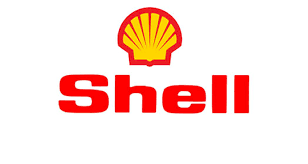
Nigeria’s crude oil revenue looks set to decline as Royal Dutch Shell Plc halted crude shipments from the country’s Forcados export terminal amid falling oil production. Bloomberg reported on Wednesday that Shell Petroleum Development Company of Nigeria Limited issued a notice of force majeure on Forcados shipments, effective from midday on Tuesday, and planned to issue a revised offtake programme in due course. More than 200,000 barrels per day of Nigerian crude normally pass through the terminal, according to the report. The shutdown comes just a month after Shell said it was restoring flows from the nearby Bonny facility. Force majeure is a clause that allows companies to skip contractual obligations following issues outside of their control. The stoppage occurred during replacement of one of the two single point moorings at Forcados, with the positioning of a jack-up barge preventing tanker access, export operations and resumption of full production into the terminal, Nigerian National Petroleum Company Limited was quoted as saying in a notice. The presence of the jack-up offshore support vessel Seacor Strength at the Forcados moorings was confirmed by ship tracking data monitored by Bloomberg. According to the report, neither NNPC nor Shell gave an indication of the likely duration of the stoppage.
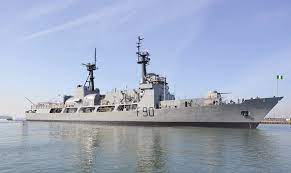
The suspects were arrested by the Nigerian Navy and handed over to officials of civil defence. The Nigerian Navy Forward Operating Base (FOB) in Ibaka, Mbo Local Government Area of Akwa Ibom State, said it has arrested 35 suspected vandals of petroleum pipelines. The Commanding Officer, FOB, Mohammed Abu, told reporters in Ibaka on Wednesday that the base also impounded 408 drums of illegally refined Automotive Gas Oil (AGO) from the suspects. Mr Abu, Navy Captain, spoke when he handed over the suspects and exhibits to an official of the Nigeria Security and Civil Defence Corps (NSCDC).
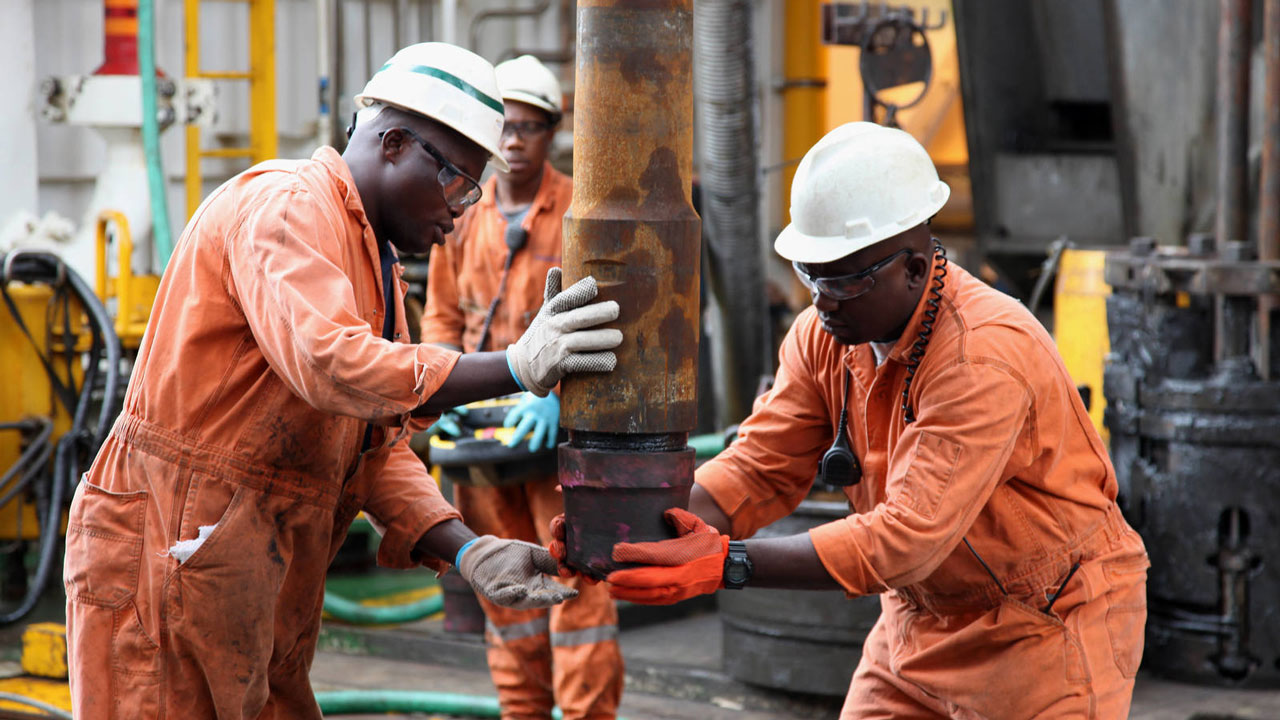
The latest monthly Reuters survey has shown that the Organisation of Petroleum Exporting Countries (OPEC) continued to raise its oil production in November under the OPEC+ deal, but the cartel continued to pump less crude than its share of the monthly increase, just as Nigeria witnessed an increased production. Nigeria’s production had been challenged until last month when Shell Petroleum Development Company of Nigeria (SPDC) lifted force majeure on crude exports from Bonny Light terminal following repairs to a leaking pipeline. Operational issues have hampered Nigeria’s crude production throughout the second half of this year, with disruption at several other terminals including Qua Iboe, Forcados, Erha and Brass River.
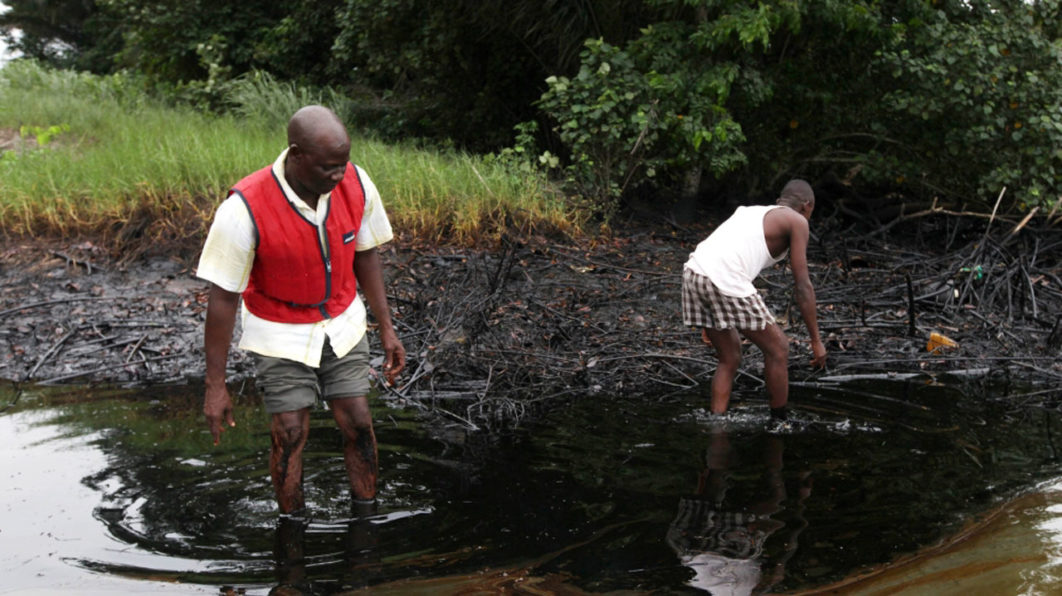
The Nigerian Upstream Petroleum Regulatory Commission (NUPRC), has outlined action plans to deal with the recent oil spill in Santa Barbara, Nembe, Bayelsa at an AITEO facility, as investigations into the cause of the spill continues.
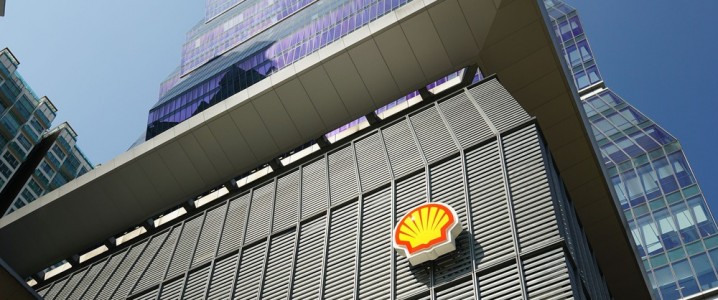
Persistent issues with theft and sabotage in Niger Delta could prompt Shell to take hard look at its operations onshore Nigeria, said supermajor’s chief executive. “Our onshore oil position, despite all efforts we put in against theft and sabotage, is under challenge,” van Beurden. Shell has been flagging for years problems with crude oil theft on pipeline network onshore Nigeria.

Oil companies in Nigeria have tightened their security amidst several protests in the region. The oil companies' decision to slack off more employees might have aggravated problems of pipeline tapping, illegal oil refining, and pirate attacks in the region. Polices' brutality also triggered the riots and looting in the last month. The rising unemployment rate and recent layoffs are expected to continue this tension for a longer period.

Nigeria LNG has awarded an EPC contract (Engineering, Procurement & Contract) for Train 7 project to Italian contractor, Saipem. The long-awaited project is expected to boost Nigeria’s liquefied natural gas (LNG) output by more than 30%. Saipem claimed that the overall value of the contract was above $4 billion, with its share at roughly $2.7 billion. With the LNG production declining, this deal might change the course of things.

Leading energy-to-agriculture conglomerate, GP Global today announced about acquiring the lubricant assets of Grand Petroleum in Nigeria. The acquisition comes as GP Global looks to expand and enforce its presence in the African nation and the western part of the continent. "With this acquisition, we aim to grow our business of oil and agricultural products as well as build a strong retail network in Africa," said COO for Nigeria, GP Global.
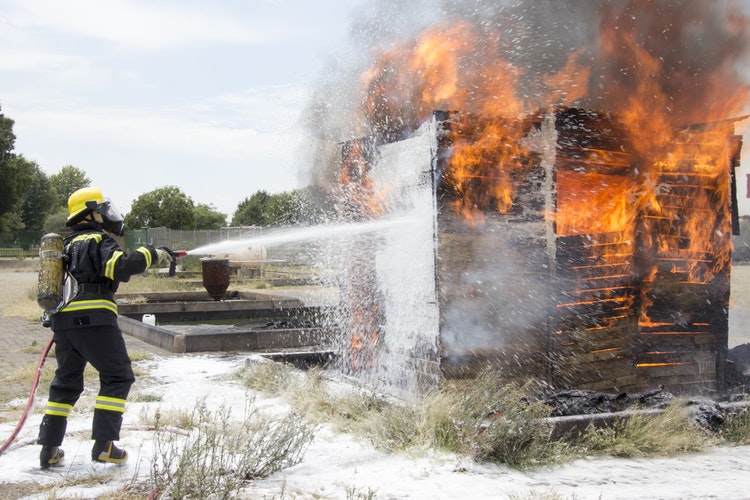
In an unfortunate event on Sunday, 15 people died in a gas explosion in Lagos, injuring many more and destroying around 50 buildings. State-run Nigerian National Petroleum Corporation (NNPC) said that the blast happened due to a truck that "hit gas bottles stacked up in a gas processing plant. National emergency services spokesman told AFP, "15 bodies have been recovered now. So many people have been injured," .

Nigerian oil and gas firm, Seplat has concluded its £382m purchase of Aberdeen-based company Eland Oil & Gas. First announced in October of 2019, Seplat's acquisition of Eland had to get approval from 75% of Eland shareholders. Eland’s chief executive George Maxwell and chief financial officer Ron Bain will stay at the company during the transition period.